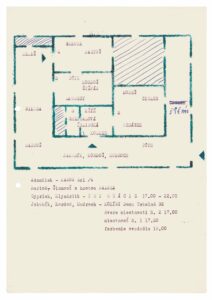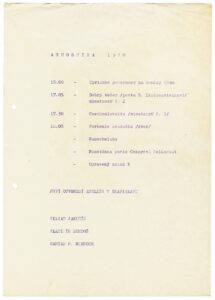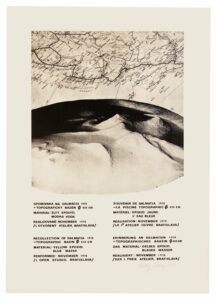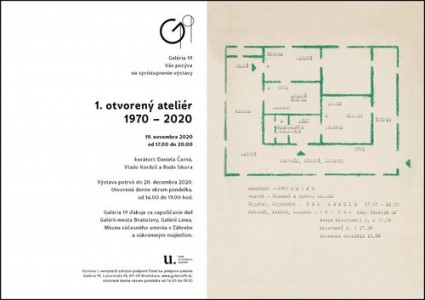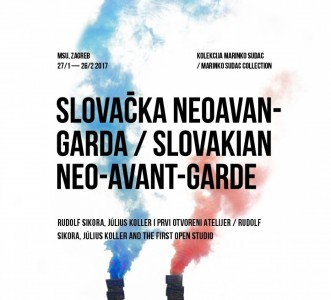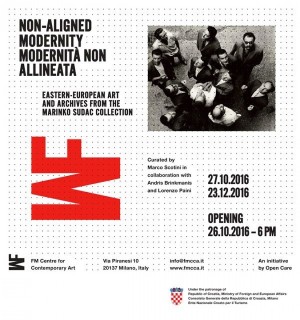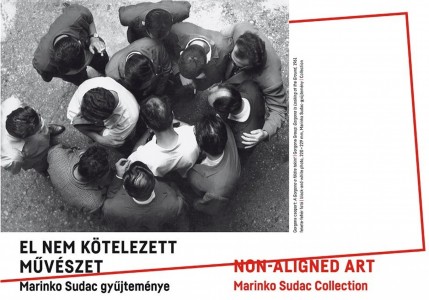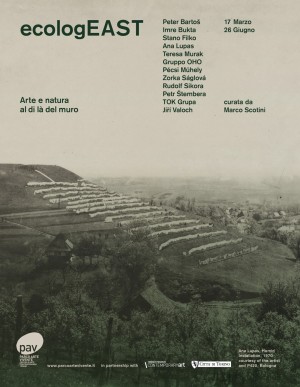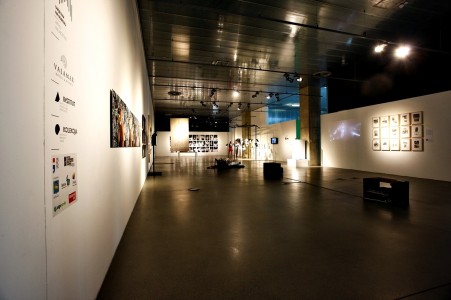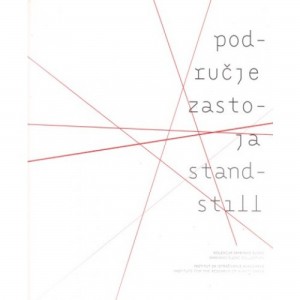RUDOLF SIKORA
RADOVI
Biografija
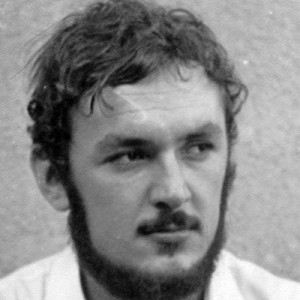
Ex Čehoslovačka
1968-1989
Rudofl Sikora (Žilina, 1946) belongs to the most original personalities of Slovak art in the early seventies. In the Central European post-conceptual art Sikora stands out with his focus on ecological, cosmological and social issues. He realizes them through hybrid compositions that combine painting, sculpture, drawing, graphics and photography. His exhibitions are most often a space-adjusted setup of works unified in the conceptual unity of motive, so they are interpreted as a complex work. Sikora positions the roots of his unique cosmogony in the legacy of the Russian Constructivism, especially in Maljević’s oeuvre and the poetic of characteristic signs and motifs in which energy is accumulated. During the process of normalization in Czechoslovakia, in the year 1970 in Bratislava he founded the "1st Open Studio", the cult alternative exhibition space that organized workshops and public discussions and with its program became one of the focus points of conceptual art in Central Europe. Although Sikora’s work is focused on questions of humanity, the meaning of human existence in "this small planet" and its importance in space and time, due to social activism, the publications that he edited, like the anthology of texts Symposium I (1973), are banned by the secret police. Through diplomatic channels he was prevented to participate in international exhibitions and award contests (the Biennial of Posters in Warsaw, 1975), and until 1988 he was declined membership in national professional associations. He is the author of numerous lectures on the relationship between esoteric, ecology and astronomy and his artistic work, and his ontological and cosmological interest and thematic preoccupation were suspicious to the state administration because of excessivegenerality and negligence of the class struggle issues. Referring to the fates of Lisicki, Suetin and Malevich, Sikora said the following about the relationship between art and revolution: "They hated the tsarist regime – they waited for and welcomed the revolution, waiting for a new life, waiting for a new man, waiting for new art. In the end, they had to save their own lives – even the most beautiful ideas can be abused…"
Projekti u kojima su izlagani radovi
umjetnički utjecaji
RUDOLF SIKORA utjecao je na:
Ex Čehoslovačka
1968-1989
STUDIO-KAPELICA GYÖRGYJA GALÁNTAIJA
Mađarska
1968-1989
Ex Čehoslovačka
1968-1989
Na RUDOLF SIKORA utjecali su:
Ex Čehoslovačka
1968-1989
STUDIO-KAPELICA GYÖRGYJA GALÁNTAIJA
Mađarska
1968-1989
Ex Čehoslovačka
1968-1989
Ex Čehoslovačka
1968-1989
